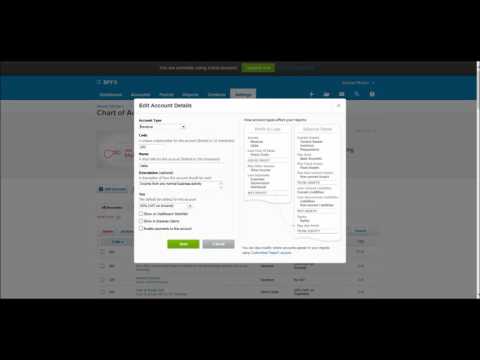To Capitalize or Expense? The Answer Isnt Always Clear
Content

If not, then most companies would typically take the expense all in one year on the income statement. It’s important to also consider recording items consistently from one year to the next. If you’re still struggling with the decision, take a conservative view and depreciate the labor instead of expensing it. Company management may want to capitalize more costs since the classification expense vs capitalize accounting of capitalized assets can manipulate the financial statements in a way that they want the figures to appear. Thus, the importance of capitalized costs is to smooth expenses over multiple periods instead of booking one large outflow at once. The importance of capitalizing costs is that a company can get a clearer picture of the total amount of capital that has been deployed on assets.
- To do their own silk-screening, they would need to invest in a silk screen machine.
- Without the capitalization of R&D spending, it is more challenging to compare companies in the same industry, as the timing of their research spending can have a big impact on their bottom line in a given year.
- Cash flow from operations – Expensing can drop the tax bill for the company in the short-term, although the impact will be evened out over the years.
- Capitalization is an accounting method in which a cost is included in the value of an asset and expensed over the useful life of that asset.
- It means any asset that can be touched and felt could be labeled a tangible one with a long-term valuation.
- It essentially spreads the expense out over the life of the equipment, matching the expenses with the revenues generated.
Capitalization requires that a company spread the cost of a capitalized expenditure over the useful life of the asset. Depreciation expense is a common operating expense that appears on an income statement. It represents the amount of expense being recognized in the current period. Accumulated depreciation, on the other hand, represents the sum of all depreciation expense recognized to date, or the total of all prior depreciation expense for the asset.
V. Amount to be Capitalized
This judgment alone can have a huge impact on the company’s profit and hence its stock price. Therefore, the choice between expensing and capitalizing should be made wisely. Notice that in year 1, our net income is higher by $8,000 if we capitalized vs expensed the subsequent asset cost. In succeeding years, observe that the difference reverses by $2,000 per year, which is the annual depreciation if the cost is capitalized.

The above also showed that deciding whether to capitalise or to expense isn’t always so straightforward. There are certain costs which might seem like a good idea to capitalise, but are actually better for the finances when they are expensed. A $10 stapler to be used in the office, for example, may last for years, but the value of the item is not significant enough to warrant capitalizing it. Assess the impact to net income of expensing versus capitalizing an item.
Repair and Maintenance Costs of Property, Plant, and Equipment
Historical costs are a value of measure that represents an asset at its original cost on the balance sheet. It does not necessarily reflect the current fair value of the asset. All expenses incurred to bring an asset to a condition where it can be used is capitalized as part of the asset. They include expenses such as installation costs, labor charges if it needs to be built, transportation costs, etc.
What is the difference between expense and capitalize GAAP?
Expensing a cost indicates it is included on the income statement and subtracted from revenue to determine profit. Capitalizing indicates that the cost has been determined to be a capital expenditure and is accounted for on the balance sheet as an asset, with only the depreciation showing up on the income statement.
What is the difference between expense and capitalize?
Expensing is only applied when an expenditure is consumed at once, while capitalizing is applied when consumption occurs over a longer period of time. Another difference is that a lower cap is usually imposed on the amount that can be capitalized, which is not the case when expenditures are charged to expense.
@Copyright 2020 - <a href="https://www.lapprodocesenatico.it/privacy-e-policy/">Privacy Policy</a> - <a href="https://www.lapprodocesenatico.it/cookie-policy/">Cookie Policy</a> P.IVA: 00852800408 - Design: <a href="https://www.tidelcom.it">Tidelcom</a>



